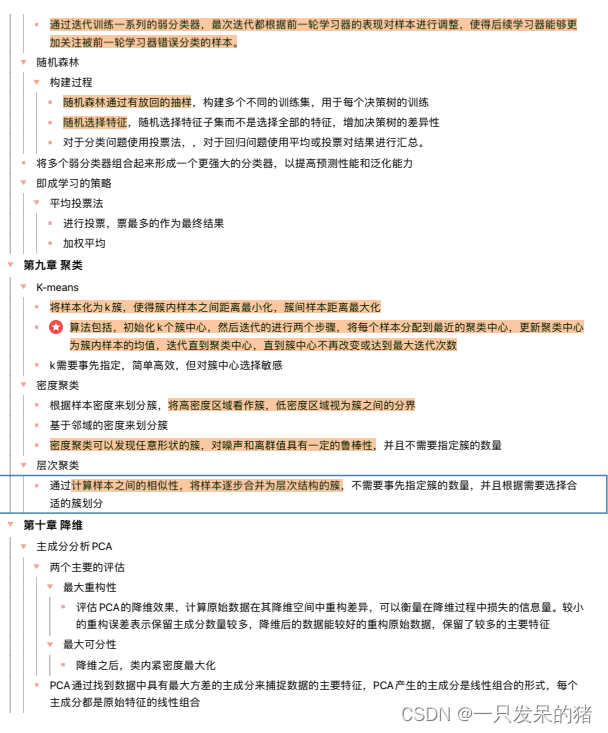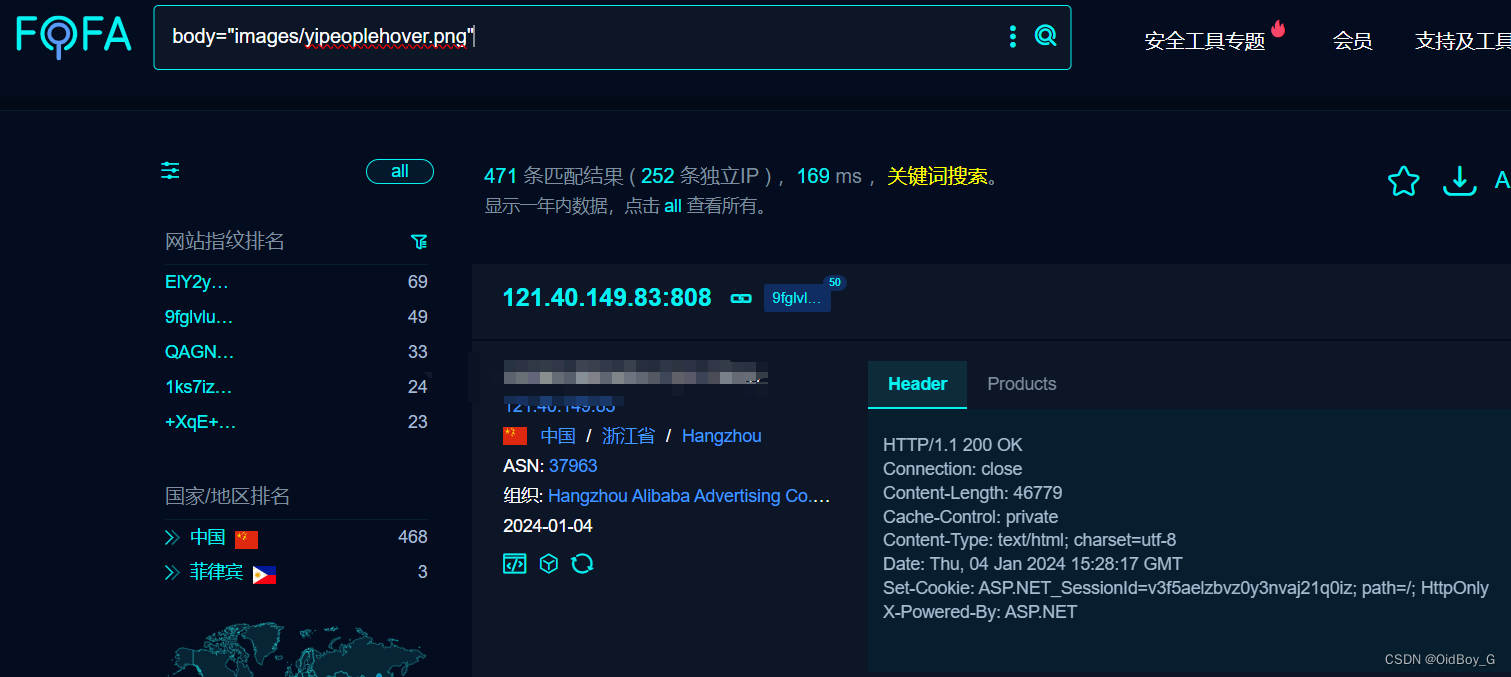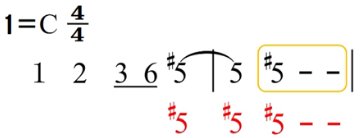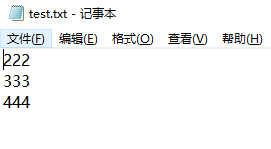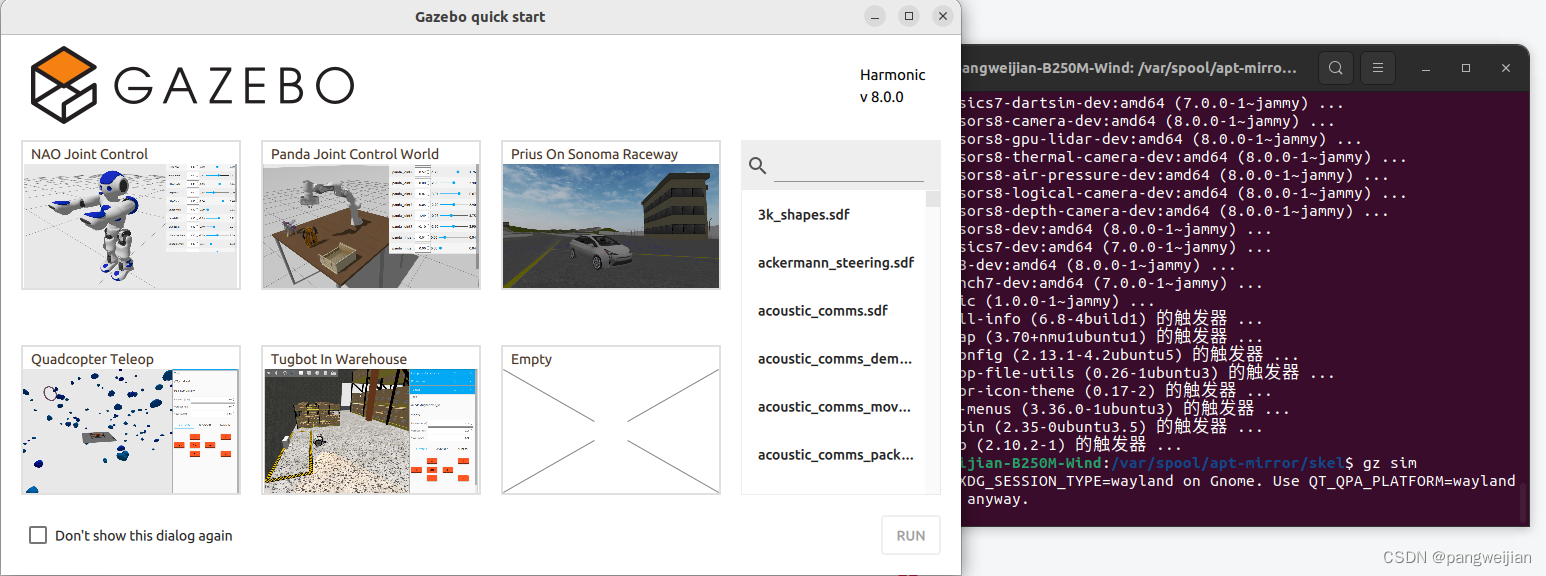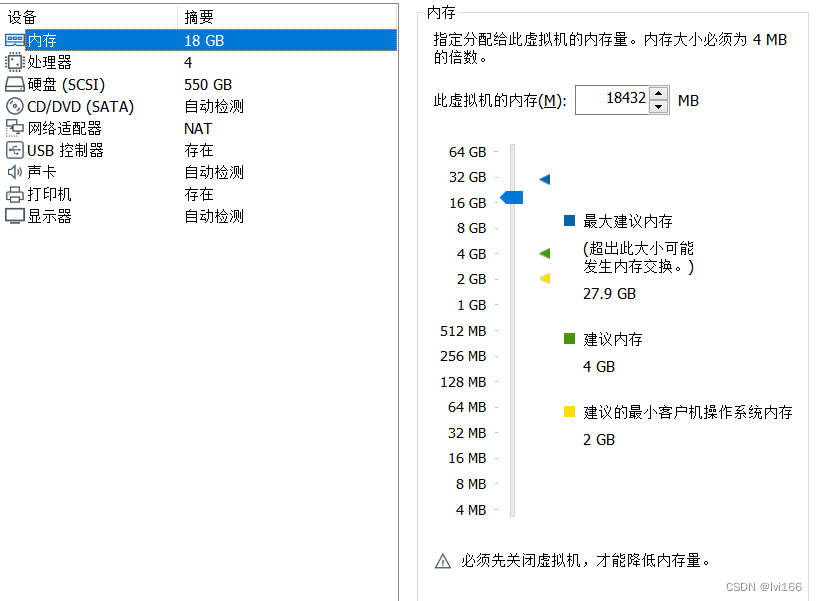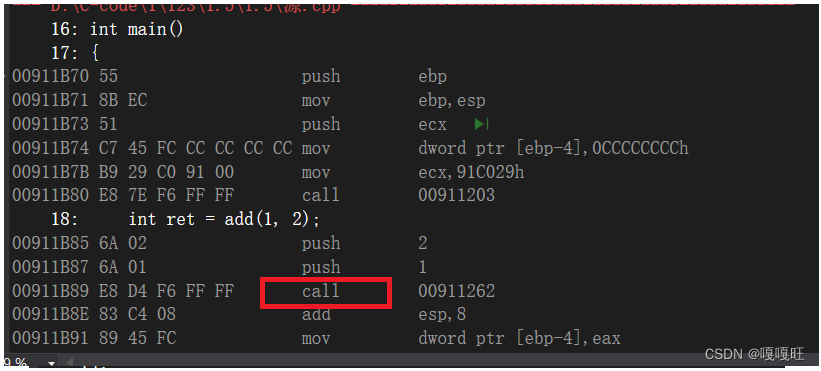表:Tree
+-------------+------+ | Column Name | Type | +-------------+------+ | id | int | | p_id | int | +-------------+------+ id 是该表中具有唯一值的列。 该表的每行包含树中节点的 id 及其父节点的 id 信息。 给定的结构总是一个有效的树。
树中的每个节点可以是以下三种类型之一:
- "Leaf":节点是叶子节点。
- "Root":节点是树的根节点。
- "lnner":节点既不是叶子节点也不是根节点。
编写一个解决方案来报告树中每个节点的类型。
以 任意顺序 返回结果表。
结果格式如下所示。
示例 1:
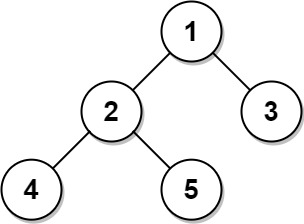
输入: Tree table: +----+------+ | id | p_id | +----+------+ | 1 | null | | 2 | 1 | | 3 | 1 | | 4 | 2 | | 5 | 2 | +----+------+ 输出: +----+-------+ | id | type | +----+-------+ | 1 | Root | | 2 | Inner | | 3 | Leaf | | 4 | Leaf | | 5 | Leaf | +----+-------+ 解释: 节点 1 是根节点,因为它的父节点为空,并且它有子节点 2 和 3。 节点 2 是一个内部节点,因为它有父节点 1 和子节点 4 和 5。 节点 3、4 和 5 是叶子节点,因为它们有父节点而没有子节点。
示例 2:

输入: Tree table: +----+------+ | id | p_id | +----+------+ | 1 | null | +----+------+ 输出: +----+-------+ | id | type | +----+-------+ | 1 | Root | +----+-------+ 解释:如果树中只有一个节点,则只需要输出其根属性。
select id,
case when p_id1 is null then "Root"
when p_id1 is not null and p_id2 is not null then "Inner"
when p_id1 is not null and p_id2 is null then "Leaf"
end as type
from
(select
a.id as id,
a.p_id as p_id1,
b.p_id as p_id2
from Tree a
left join Tree b
on a.id=b.p_id)tmp
group by id

